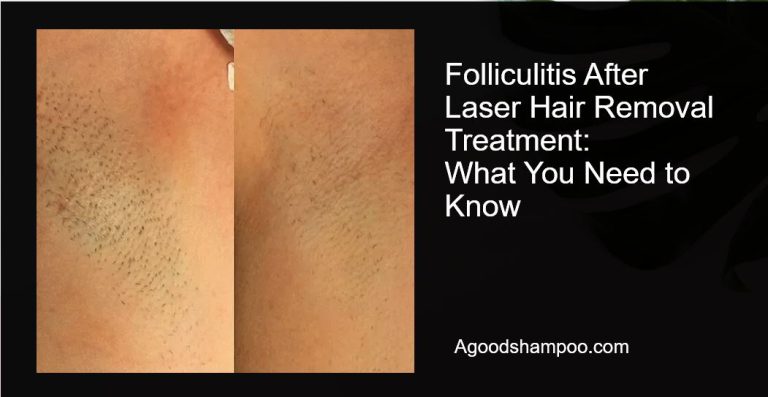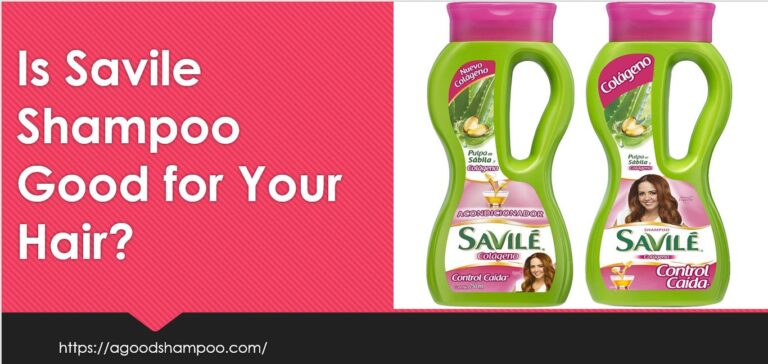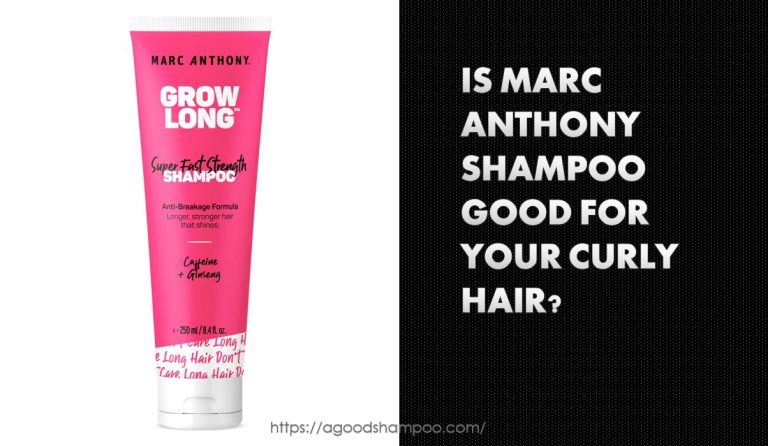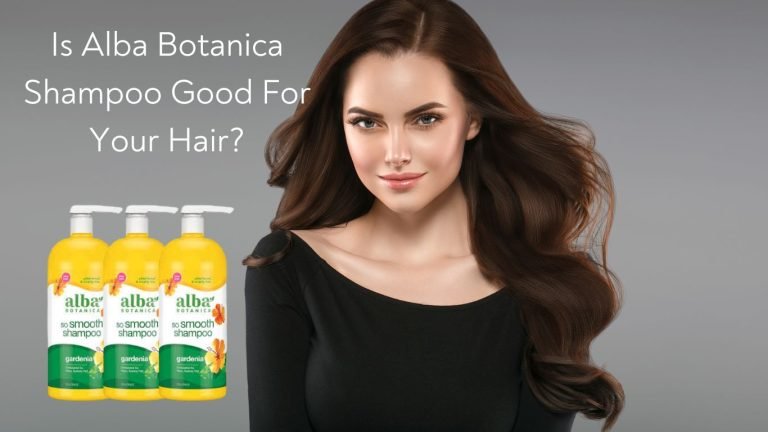Is Revlon Shampoo Good for Hair? Expert Review & Truth
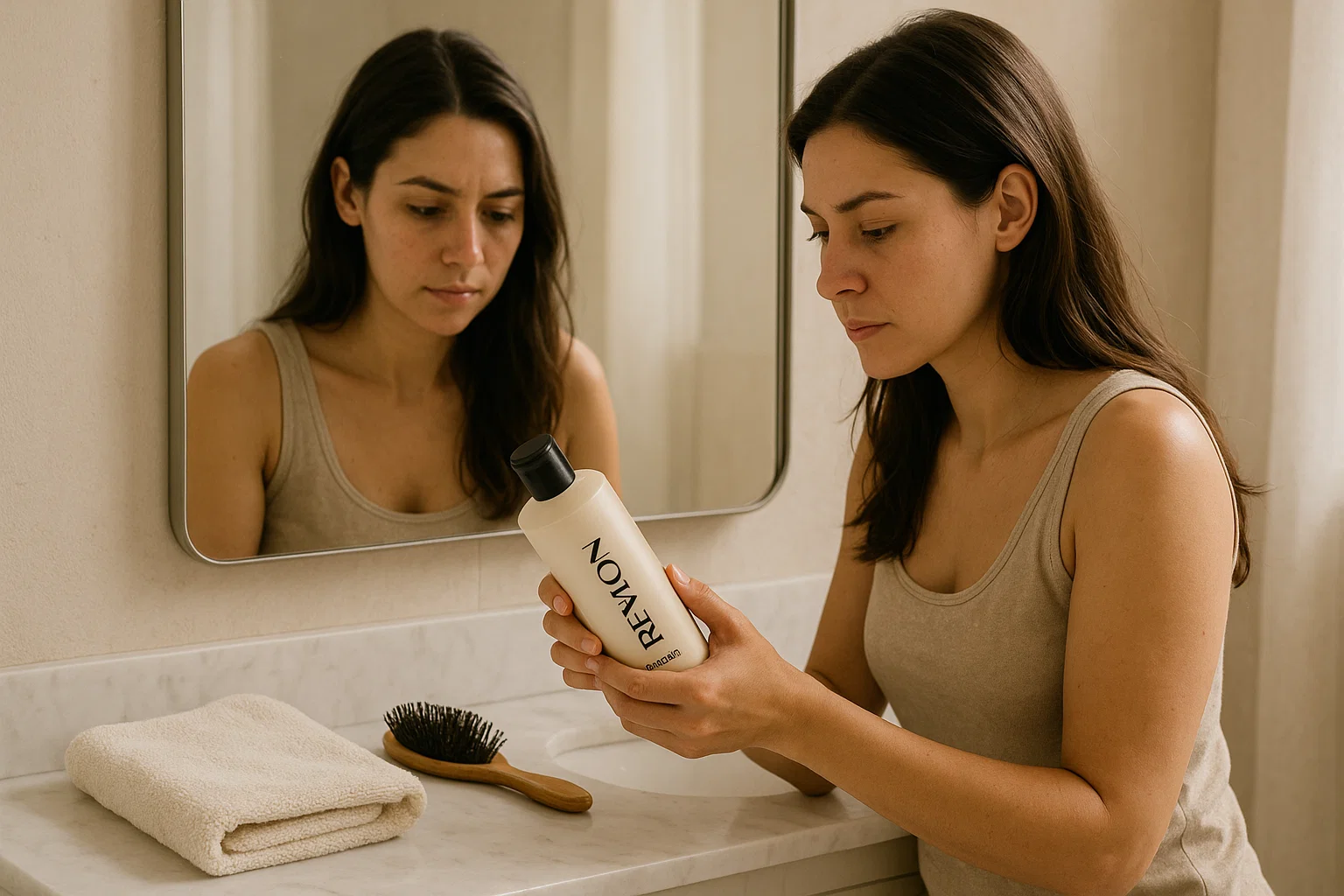 Sometimes a brand name gets so big that we just assume it’s good for us. Revlon’s one of those names. We’ve all seen it on shelves for decades, those shiny bottles promising silky, strong, picture-perfect hair. But here’s the truth: not every product that looks nice or smells divine actually does your hair any favors.
Sometimes a brand name gets so big that we just assume it’s good for us. Revlon’s one of those names. We’ve all seen it on shelves for decades, those shiny bottles promising silky, strong, picture-perfect hair. But here’s the truth: not every product that looks nice or smells divine actually does your hair any favors.
So if you’re standing in the store, holding that Revlon shampoo bottle and wondering, “Is this good for my hair or just another marketing story?” , I’ve got you. Let’s talk about what’s really inside, how it behaves on different hair types, and whether it deserves a spot in your shower.
The Big Picture , What Revlon Promises
Revlon has been around since 1932. It started with nail polish and built an empire in beauty, makeup, hair tools, dyes, shampoos, you name it. Their shampoos target everything from dryness to volume to color protection, often marketed as “salon quality” but sold at drugstore prices.
And that’s part of the appeal: affordable, accessible, smells nice, easy to find.
But as someone who studies ingredients and sees the aftermath of years of drugstore shampoos in real clients’ hair, I’ve learned one important thing , affordable doesn’t always mean harmless.
Revlon shampoos are okay for short-term results. They make hair feel clean and shiny after one or two washes. But the long-term story depends entirely on your hair type and what’s inside that bottle.
Ingredient Breakdown , What’s Actually Inside
Let’s pull back the curtain and check the chemistry.
I’ve reviewed ingredient lists for Revlon shampoos like Revlon Flex, Revlon Professional Uniq One, and Revlon Equave Hydro Nutritive. Here’s what stands out:
| Ingredient | What It Does | Good or Bad? |
|---|---|---|
| Sodium Laureth Sulfate (SLES) | Cleans by removing oils and dirt | Strong cleanser, can strip moisture |
| Cocamidopropyl Betaine | Gentle surfactant, helps reduce irritation | Good balancing agent |
| Dimethicone | Silicone that coats hair for shine | Smooths instantly, but can build up |
| Polyquaternium-10 | Conditioner that improves detangling | Good, helps softness |
| Fragrance & Parfum | Adds scent | Okay for most, but may irritate sensitive scalp |
| Panthenol (Pro-Vitamin B5) | Moisturizes, improves elasticity | Excellent ingredient |
| Hydrolyzed Keratin | Protein for strength and repair | Very good for damaged hair |
| Citric Acid | Adjusts pH for scalp balance | Neutral–good role |
Verdict:
Revlon shampoos are balanced but not clean. They use a mix of synthetic and natural actives. You’ll find beneficial ingredients like panthenol and keratin, but also sulfates, silicones, and artificial fragrances that aren’t ideal for daily use if you have dry or curly hair.
Quick Fact Box
According to INCIdecoder (2024):
Over 60% of Revlon shampoos contain Sodium Laureth Sulfate (SLES), a known moisture-stripper for color-treated or dry hair.
What Research Says:
Studies show that sulfate-based cleansers remove essential lipids from the scalp barrier, increasing dryness and potential irritation (Journal of Dermatology, 2021).
Who Should (and Shouldn’t) Use Revlon Shampoo
Here’s the tricky part , it’s not about whether the shampoo is “good” or “bad.” It’s about who it’s good for.
If You Have Oily or Fine Hair
Revlon shampoos actually do a decent job here. The sulfates and silicones help balance oiliness, making your hair feel fresh and bouncy.
Just make sure you’re not using it every single day. Alternate with a sulfate-free option once or twice a week to prevent over-cleansing.
If You Have Dry, Damaged, or Color-Treated Hair
This is where you need to be cautious.
Revlon’s formulas often contain silicones that mask dryness instead of fixing it. Your hair might look shiny, but underneath, it’s getting weaker.
For color-treated hair, especially blonde or balayage, sulfates can fade pigment faster and roughen the cuticle layer.
If You Have Curly or Textured Hair
Nope. Just no. Curly and coily hair types thrive on moisture retention. Revlon shampoos tend to remove too much of that natural oil, leaving curls frizzy and undefined. You’ll need a sulfate-free, moisturizing cleanser instead, something glycerin-based or containing shea butter or aloe.
Revlon’s “Professional” Line , Any Better?
Revlon also has a salon-facing range, like Revlon Professional Uniq One and Revlon Equave. These are designed to sound premium, and they actually do have improved formulations.
Uniq One Cleansing Balm: low-foam, gentle, and enriched with hydrolyzed silk and sunflower extract.
Equave Hydro Nutritive: leave-in conditioner with keratin and amino acids, excellent detangling performance.
Still, even these contain silicones (like Amodimethicone) that can build up over time unless you clarify your hair weekly.
They’re a step up, but not the holy grail.
How Revlon Compares to Healthier Alternatives
Let’s be real, Revlon isn’t the worst thing out there, but there are far better options if your goal is long-term scalp and strand health.
| Brand | Sulfate-Free | Ideal For | Highlight Ingredient |
|---|---|---|---|
| Olaplex No.4 | Yes | Damaged, bleached hair | Bis-Aminopropyl Diglycol Dimaleate |
| SheaMoisture Raw Shea Butter Shampoo | Yes | Dry, curly hair | Shea butter, argan oil |
| L’Oréal EverPure | Yes | Color-treated hair | Rosemary extract |
| Revlon Flex / Uniq One | No | Normal or oily hair | Panthenol, Keratin |
These brands focus on rebuilding the hair’s natural moisture barrier rather than stripping it down and coating it with synthetic gloss.
If you’re into formulas that actually heal, you’ll find Revlon a little too harsh or superficial over time.
Ingredient Spotlight: Why Sulfates and Silicones Matter
Here’s a simple breakdown of two controversial ingredients that appear often in Revlon shampoos.
Sulfates
They’re cleaning agents, cheap, effective, and foamy. But they can strip color, irritate the scalp, and weaken protein bonds in hair.
Dermatologists often note that regular exposure to sulfates can disrupt the acid mantle, your scalp’s natural defense system that maintains hydration and prevents microbes.
Silicones
These create instant shine by sealing the hair cuticle. The problem? They don’t let moisture or nutrients enter the shaft easily. Over time, your hair feels smooth but becomes brittle underneath.
If you’re using a Revlon shampoo with silicones, try clarifying once a week to remove buildup.
Revlon and Safety , Are Their Products Safe?
Let’s tackle that LSI question head-on: Are Revlon products safe?
Technically, yes, they pass cosmetic safety standards. They’re approved for consumer use and tested for irritation.
But “safe” doesn’t always mean “good for long-term health.”
Environmental Working Group (EWG) scores some Revlon hair products between 5 and 7 (moderate concern) due to fragrance allergens and certain preservatives.
Revlon isn’t known for clean, eco-conscious formulas. Unlike newer brands that are transparent about sourcing and biodegradable ingredients, Revlon still leans heavily on traditional synthetics.
So while they won’t hurt you immediately, they won’t actively improve your hair or scalp condition either.
Real-World Results , What Users Say
According to Allure’s consumer survey (2023):
68% of users said Revlon shampoos made their hair look shiny and smooth.
41% said that after a month, their hair felt drier and frizzier.
24% reported mild scalp irritation when using sulfate-based versions daily.
So people love the immediate softness and smell, but few find it nourishing in the long run.
Personal Experience , The Salon Truth
I’ve had clients who’ve used Revlon’s Flex or Uniq One lines for years. Their hair always looks good for the first few days after washing, but when you test elasticity or check the ends, you see signs of damage , brittleness, breakage near mid-lengths, faded color even with regular touch-ups.
When they switch to sulfate-free or pH-balanced formulas, within weeks the improvement is visible. More moisture, less tangling, and way fewer split ends.
That’s the thing , Revlon can make you feel like it’s working, but it doesn’t really repair.
Better Ways to Use Revlon (If You Already Own It)
If you’ve got Revlon shampoo sitting in your bathroom, don’t panic or toss it just yet. You can make it work smarter:
Alternate Products – Use Revlon twice a week, and use a moisturizing or sulfate-free shampoo the other days.
Follow With a Deep Conditioner – Revlon’s shine layer fades fast. Compensate with a nourishing mask afterward.
Clarify Once a Week – Remove silicone buildup to keep strands light and bouncy.
Add a Leave-In Serum – Apply a few drops of argan or coconut oil after towel-drying.
Watch Your Scalp – If it starts itching or flaking, take a break immediately.
Expert Recommendation – Carolina’s Take
If you love Revlon for its smell, nostalgia, or shine, it’s fine to use occasionally.
But if you’re serious about scalp health, hair growth, or color protection, there are smarter choices.
Revlon shampoos are cosmetically pleasant but therapeutically shallow. They deliver surface beauty, not internal strength.
For consistent results, try pairing it with:
A protein treatment mask once weekly (hydrolyzed keratin or amino acid-based).
A sulfate-free balancing shampoo to protect your natural oils.
Occasional use of Revlon’s Uniq One Leave-In Spray (it actually helps with detangling and shine when used sparingly).
The Healthiest Shampoo for Your Hair
If you’re looking for the healthiest alternative, choose something:
Sulfate-free
pH-balanced (4.5–5.5)
Free from parabens and silicones
Infused with natural emollients (aloe, shea, argan, jojoba)
Revlon, while familiar, doesn’t fit this profile for most hair types, especially dry or processed strands.
Healthier drugstore alternatives include:
L’Oréal EverPure Sulfate-Free Moisture Shampoo
These maintain hydration without harsh stripping, offering actual care beyond fragrance and foam.
Final Thoughts
So… is Revlon shampoo good for hair?
It’s fine if you’re just looking for a clean, fresh wash after a workout or to revive flat roots for the day. But if you’re trying to heal dryness, protect color, or rebuild damaged strands, Revlon simply doesn’t go deep enough.
It’s the difference between wearing makeup and doing skincare. Revlon gives you the illusion of health; true hair recovery takes cleaner, nutrient-based care.
So next time you see that shiny bottle, just know: it’s not evil, it’s just average.
And your hair deserves more than average.

Carolina Herrera: Cosmetics specialist & Hair Analyst. Specializing in hair treatments, Carolina provides thorough reviews and advice on choosing the best products for damaged or treated hair.

